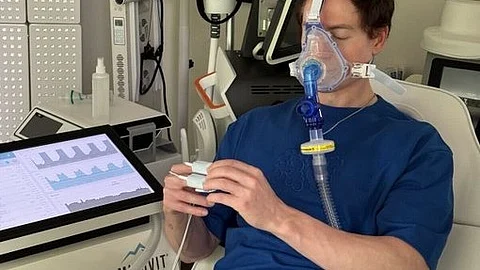While methylene blue has legitimate clinical uses, its off-label application as an anti-aging compound is still under investigation. Preliminary research suggests that in low doses, methylene blue may enhance mitochondrial respiration, reduce oxidative stress, and improve cognitive performance in animal studies and limited human trials.
However, experts caution that these effects are not yet conclusive, and long-term safety data is lacking. Dr. Ana Maria Cuervo, co-director of the Einstein Institute for Aging Research, stated in interviews that “we need more rigorous clinical trials before recommending it as a longevity intervention.”


